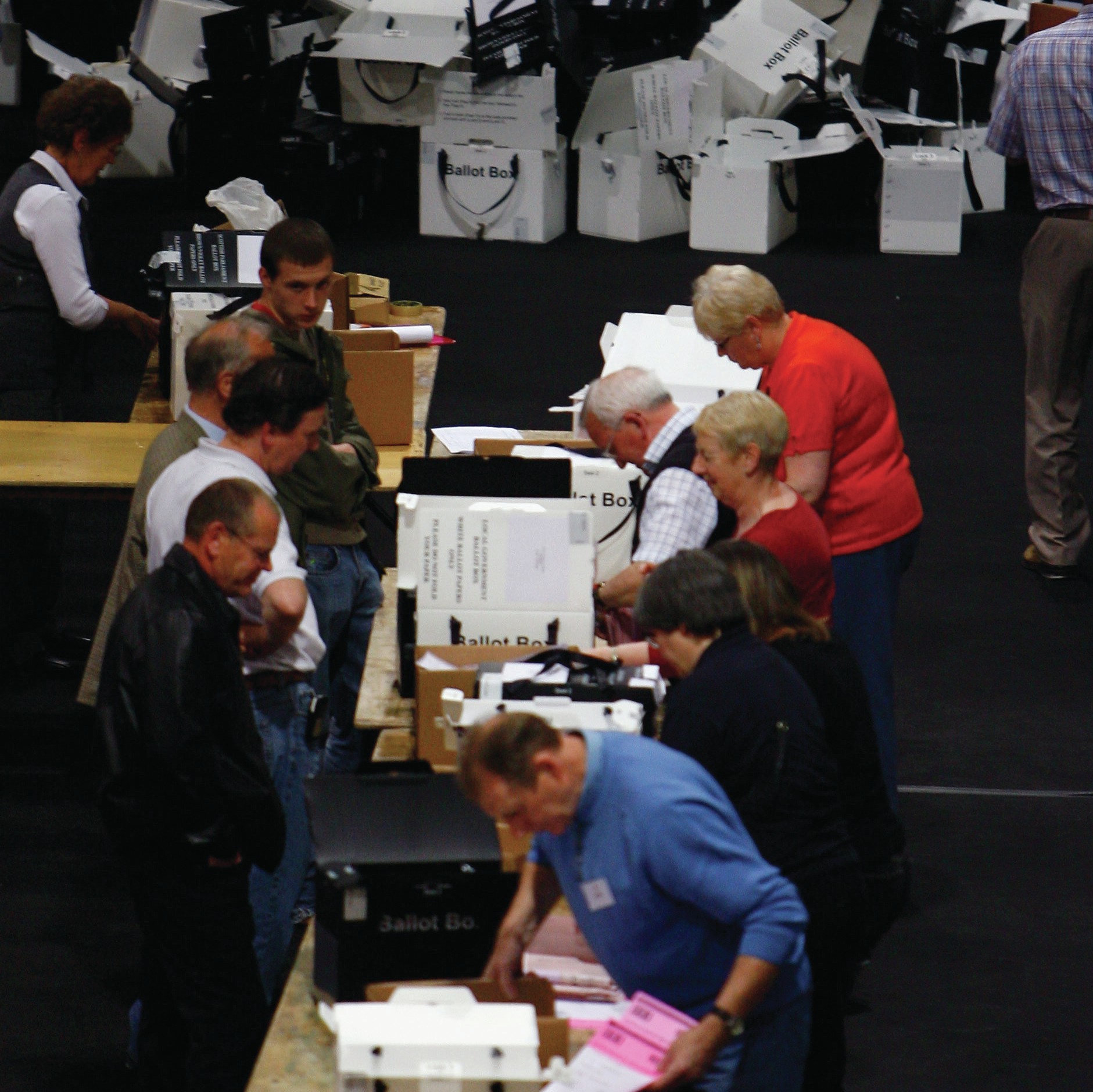
For opponents of New Labour’s constitutional reforms little provides quite so much ammunition as the bewildering excess of electoral systems on offer in the UK today. Critics from the right of the political spectrum maintain that the current assortment of differing systems is confusing and unnecessary and has the unwanted effect of baffling and alienating the very citizens that are intended to be empowered. Evidence for voter disenfranchisement is provided by the 7% (over 140,000) discounted or spoilt votes in the 2007 Scottish parliamentary and local council elections, which prompted Scottish first minister Alex Salmond to protest that ‘the decision to conduct an STV election at the same time as a first-past-the-post ballot for the Scottish parliament was deeply mistaken’.
Commentators of a more liberal persuasion, rather than criticising the glut of systems currently in use, claim that the failure to reform the way voters elect representatives to the Westminster Parliament has fundamentally undermined the credibility of the Labour Party’s bid to either democratise the electoral process or enhance representation. A casual glance at the 2005 general election figures reveals a worrying distortion between the Labour Party’s votes won (35%) and seats gained (55%) as they became the lowest-supported postwar majority party government.
Your organisation does not have access to this article.
Sign up today to give your students the edge they need to achieve their best grades with subject expertise
Subscribe




